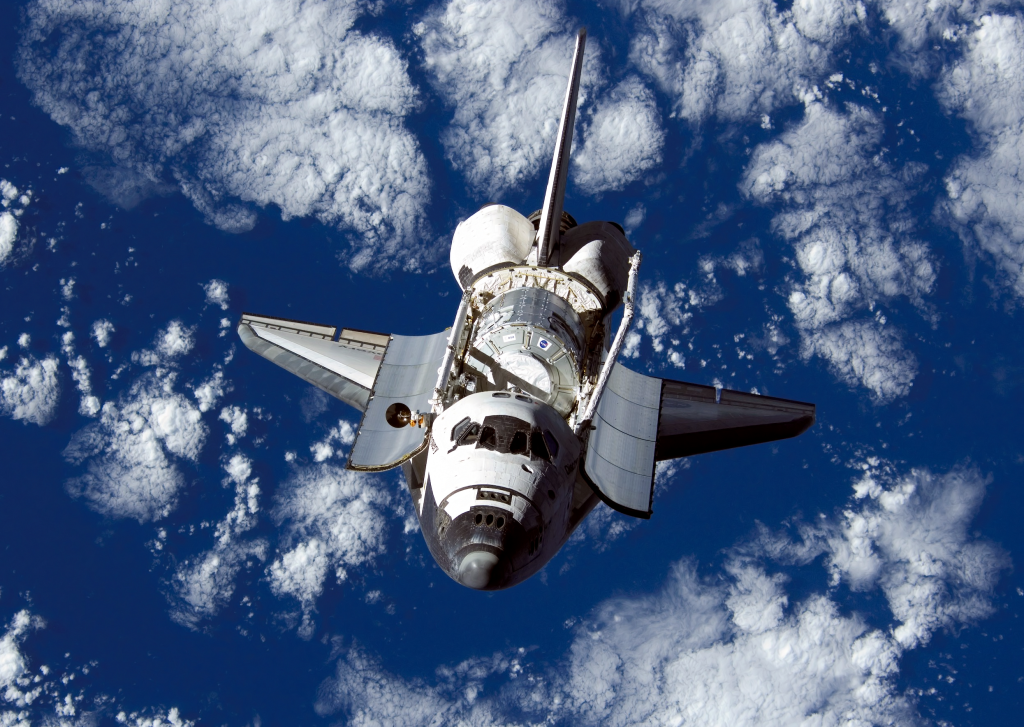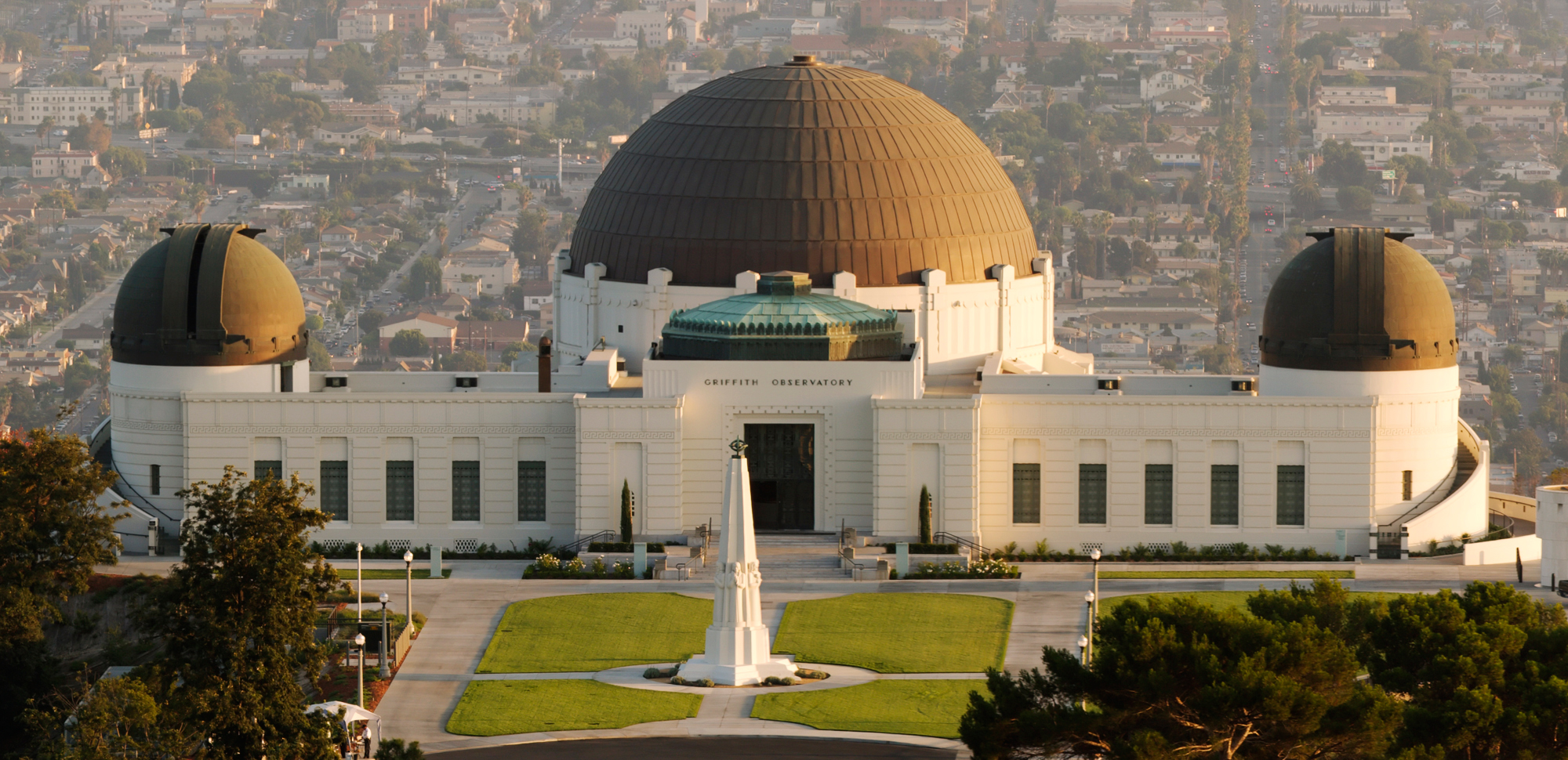GRIFFITH PARK—On Thursday, May 7, John Logsdon, author of After Apollo: Richard Nixon and the American Space Program, will give a lecture at the Griffith Observatory.
Logsdon, who graduated from Xavier University with a B.S. in Physics, and from New York University with a Ph.D. in Political Science, is an expert on the policy and historical aspects of space activities in the United States and internationally.
Former Director of the Space Policy Institute at George Washington University and current member of the NASA Advisory Council’s Exploration Committee, Logsdon has had a long and decorated career.
His expertise is reflected in his published works. In After Apollo, Logsdon uses his inside knowledge and thorough research to make the case that Nixon—rather than Kennedy, who championed the moon missions—had the most dramatic impact on the space program. Despite telling an advisor in 1971 “I don’t give a damn about space. I’m not one of those space cadets,” Nixon remained committed to the space program throughout his first term in office. His support stemmed from a belief in “exploring the unknown,” which his administration realized with projects like the Space Shuttle.

Logsdon also wrote The Decision to Go to the Moon: Project Apollo and the National Interest, and is the editor of the eight-volume series Exploring the Unknown: Selected Documents in the History of the U.S. Civil Space Program.
The lecture is scheduled to take place from 7:30 p.m. to 9:00 p.m. A book signing will follow the lecture. Admission is free. Seating will be on a first come, first served basis.






